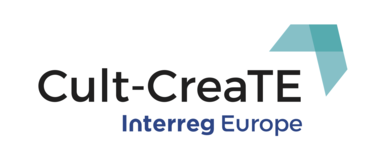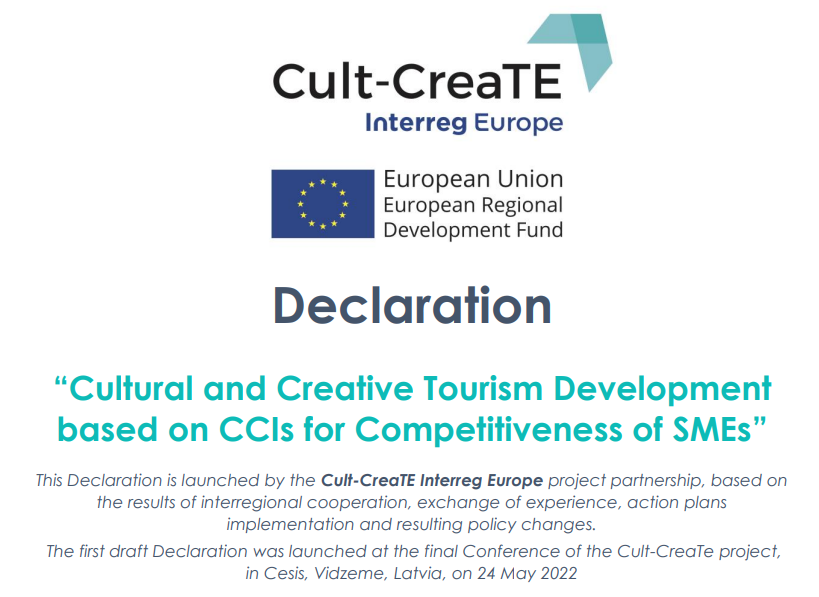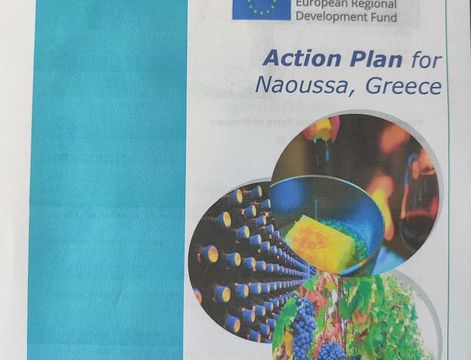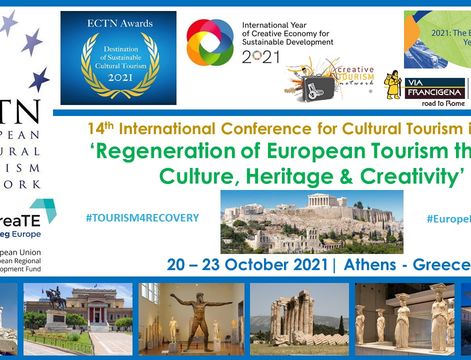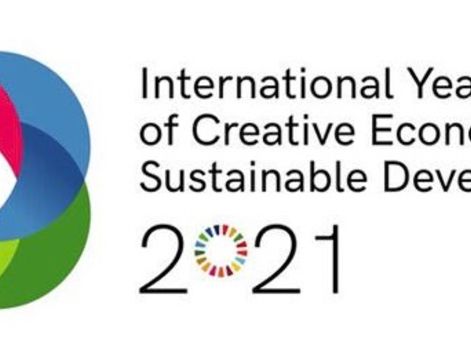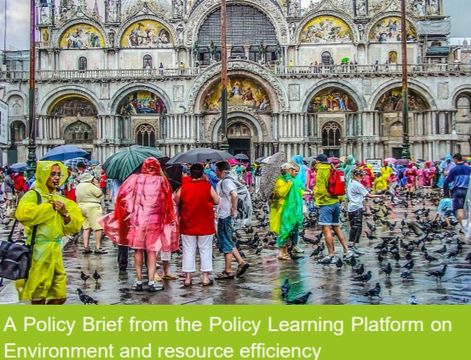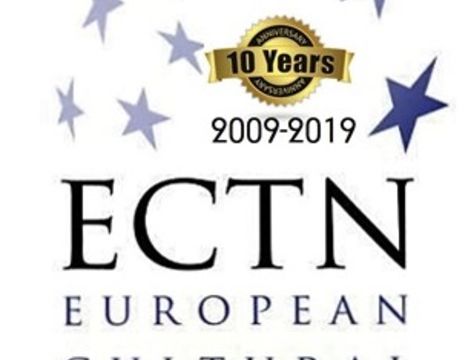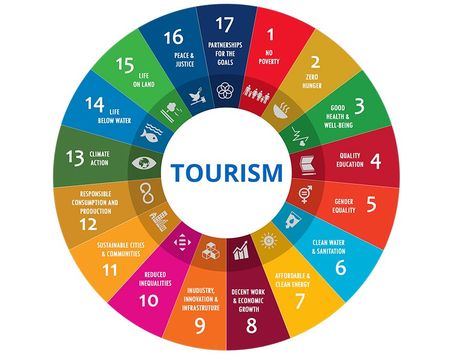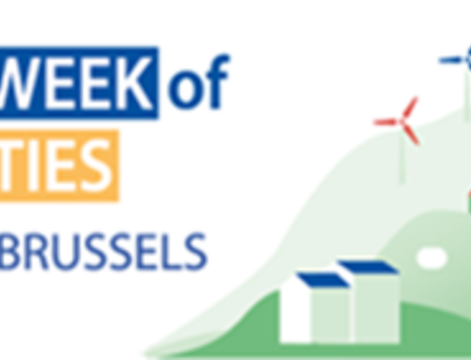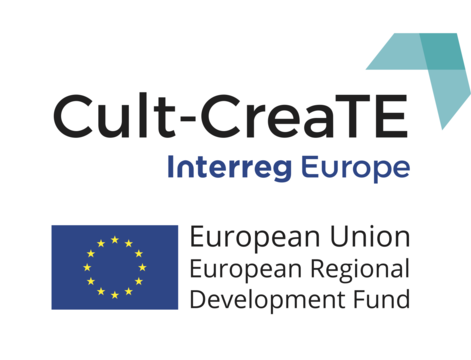From 13-16th of May Cult-CreaTE project partners and stakeholders met at the workshop "Identification of CCIs & potential contribution to CCT" in Padua, Italy.
Veneto Region was hosting the workshop dedicated to identification of CCIs and potential contribution to tourism in partners’ regions.
Welcome and introduction came from Mr Roberto Ciambetti – President of Regional Council, Ms Giovanna Valenzano – Vice Rector for Artistic Heritage, Museums and Libraries, University of Padua and Mr Roberto Crosta – Secretary general of the Chamber of Commerce as well as the Lead Partner of "Cult-CreaTE" project - Vidzeme Region, Latvia.
Veneto Regional Tourism Department presented regional strategic plan for tourism and Veneto and its vision ““Veneto, Land of Venice, Land of Value”. Mr. Stefan Marchioro explained Region’s new approach -a change from destination management to destination governance, where the government administration should become a player amongst others. In this framework the role of the regional government in Veneto is to encourage arrangements among private and public players to reconcile issues and policies by encouraging the collaboration among the different stakeholders and giving them the necessary support to move from the traditional model of coordination to an innovative and more participatory one.
Veneto Lavoro presented “Employment and sustainability in CCIs contribution to CCT”. The main characteristics of Cultural and Creative sector in Veneto region is an high rate of creative activities and creative professions in the more traditional sector of manufacturing. Moreover, there are some important cultural and creative sector in the region, most of them linked to the cultural heritage of the region and to the tourist sector. Cultural and Creative sector is also recognized in order to the potential in creating and saving jobs into area of robotization.
Other project partners presented their findings of possible CCIs synergies with CCT into their regions (Vidzeme (Latvia), Cork (Ireland), Pecs-Baranya (Hungary), Nicosia (Cyprus), Dundee (UK), Kujawsko-Pomorskie (Poland), Naoussa (Greece).
Live discussions started during the group work at the second part of the day. Participants were divided into four thematic groups: a) Crafts, arts and design; b) Digitalization; c) Cultural heritage; d) Food and beverages. The discussion's results were moderated by Mr. Manos Vougioukas, ECTN Advisory Partner.
Following day participants went to study trip to the library of Abbey of Santa Guistina learning that religious buildings which is also architectural heritage has to move along the time and and change their approach to general public including tourists.
